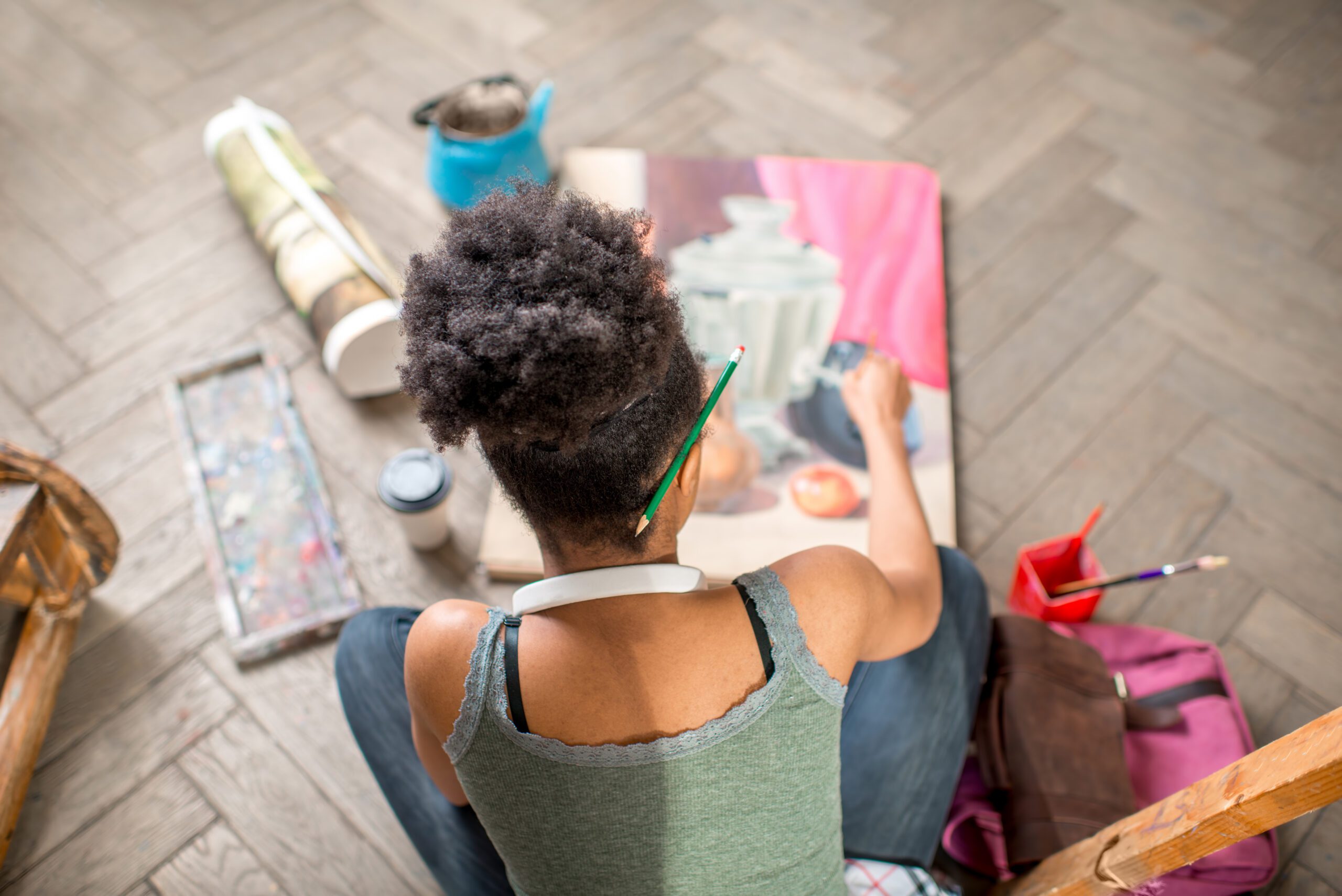Have you ever found yourself lost in the brushstrokes of your favorite artist’s work or carried away by the unexpectedly haunting melody of a song you heard on the radio? If so, you’re not alone.
Throughout human history, art and music have been known to soothe the soul, quiet the mind, and uplift the spirit. These mental health benefits increase when you’re creating your own unique masterpiece instead of simply consuming the work of others. So, even if you’ve never considered yourself to be an artist or musician, now is the perfect time to explore how tapping into your creative side can support your healing journey.
The Benefits of Incorporating Art and Music into Your Self-Care Routine
Self-care isn’t just about pampering yourself with bubble baths and massages; it’s about developing a holistic approach to maintaining your health and happiness. Incorporating creative activities into your self-care routine can support your mental health by:
- Helping with emotional regulation. Creative activities provide a constructive outlet for processing difficult emotions and exploring complex feelings or suicidal thoughts.
- Reducing stress. Losing yourself to the rhythm of a favorite song or getting lost in the flow of a painting can provide much-needed relief from stress and anxiety.
- Promoting self-exploration. Through creative expression, you can uncover hidden aspects of your psyche, confront unresolved issues, and gain valuable insights into your thoughts, feelings, and behaviors.
- Serving as a healthy distraction. Art and music offer a refuge from life’s challenges when you can lose yourself in the intricate details of a painting or get lost in the soothing melodies of your favorite song.
- Proving a sense of accomplishment. Creating something tangible, like a piece of art or a musical composition, can instill a sense of accomplishment while boosting self-esteem.
- Offering opportunities for social connection. Collaborating on a mural project, joining a community choir, or attending a live concert can foster a sense of belonging and promote connection with others who share similar interests and experiences.
Is it really that simple? If you’re feeling skeptical, keep in mind that researchers have repeatedly found strong links between mental health and creativity. For example, research published in the International Journal of Environmental Research and Public Health looked at two studies exploring how creativity impacts subjective well-being.
In the first study, undergraduate students and working adults were asked to report on their levels of creativity, stress, and subjective well-being. Researchers found that creativity was positively related to how people evaluate their own happiness, even after considering the influence of stress and demographic factors.
The second study used an experimental approach, where some undergraduate students completed a creativity priming task before completing tests and reporting on their subjective well-being. The results showed that participants who received the priming reported higher subjective well-being scores compared to those who didn’t—suggesting a causal relationship between creativity and perceptions of happiness.
Using Art and Music to Support Your Mental Health
Incorporating art and music into your mental health self-care routine can be a powerful way to promote well-being and resilience. Here are some tips to help you get started:
- Start small. Set aside just a few minutes each day to engage in a creative pursuit, whether it’s doodling in a sketchbook, playing a few chords on the guitar, or listening to a favorite song.
- Experiment with different mediums. Explore different art mediums and musical genres to find what resonates with you. For example, if you don’t enjoy painting or drawing, you might find that sculpting is a better fit.
- Create a safe and inspirational space. Designate a space in your home where you can engage in creative activities without distractions. Surround yourself with art supplies, musical instruments, and inspirational materials that inspire and uplift you.
- Practice mindfulness. Focus on the process of creation rather than the end result. Pay attention to the sensations, thoughts, and emotions that arise as you engage in creative activities.
- Express yourself authentically. Allow yourself to express your thoughts, feelings, and experiences in a raw and authentic way. Strive to be creative without judgment or self-censorship.
- Set realistic goals. Instead of aiming for perfection, focus on progress and personal growth. Celebrate your accomplishments, no matter how small—and be gentle with yourself during times of struggle or frustration.
- Find inspiration in everyday life. Draw inspiration from the world around you, whether it’s the beauty of nature or the hustle and bustle of city life. Take walks in nature, visit art galleries, attend concerts, and immerse yourself in experiences that ignite your creativity.
- Make friends who share your passion. Join a local art class, attend a community choir rehearsal, or participate in online forums and social media groups dedicated to creative expression. Sharing your creative journey with others can provide support, encouragement, and a sense of belonging.
- Trust your gut. If a particular activity no longer brings you joy or feels draining, don’t hesitate to explore other avenues of creative expression. Be open to trying new things and adapting your self-care routine to suit your evolving needs.
Get the Support You Need to Move Forward
Even though self-care routines play a crucial role in supporting mental health, they’re not a substitute for professional support. At Eagle View Behavioral Health, we specialize in helping men and women dealing with mental health disorders find the treatment options that best support their unique needs. Reach out to our Bettendorf, Iowa, facility today to learn more about our inpatient and outpatient programs.






